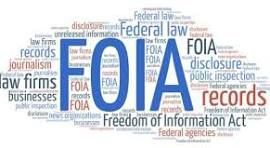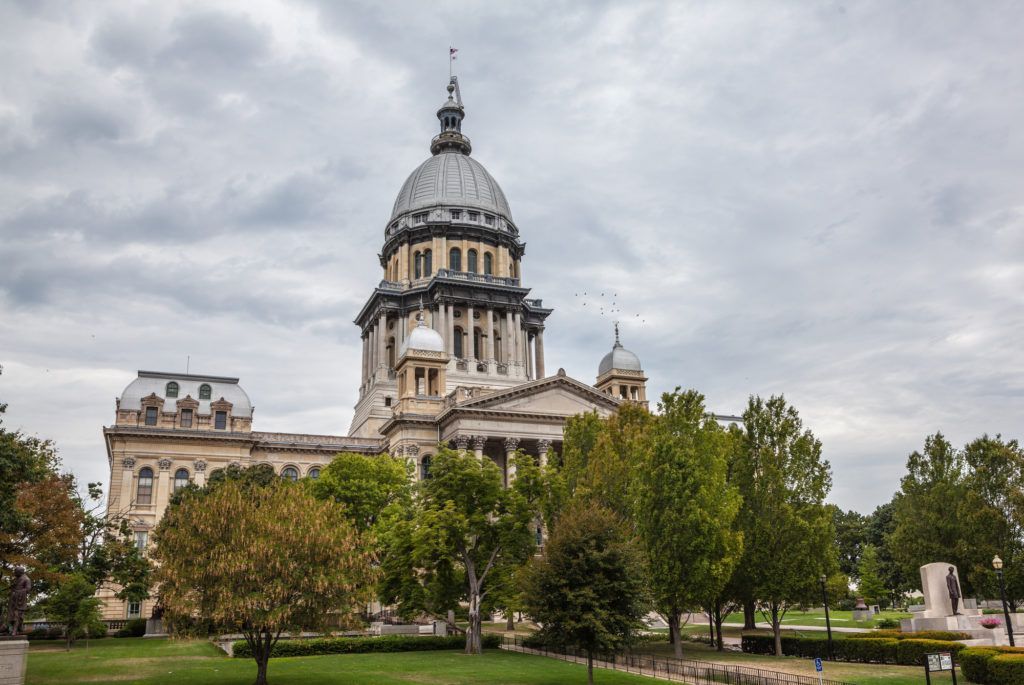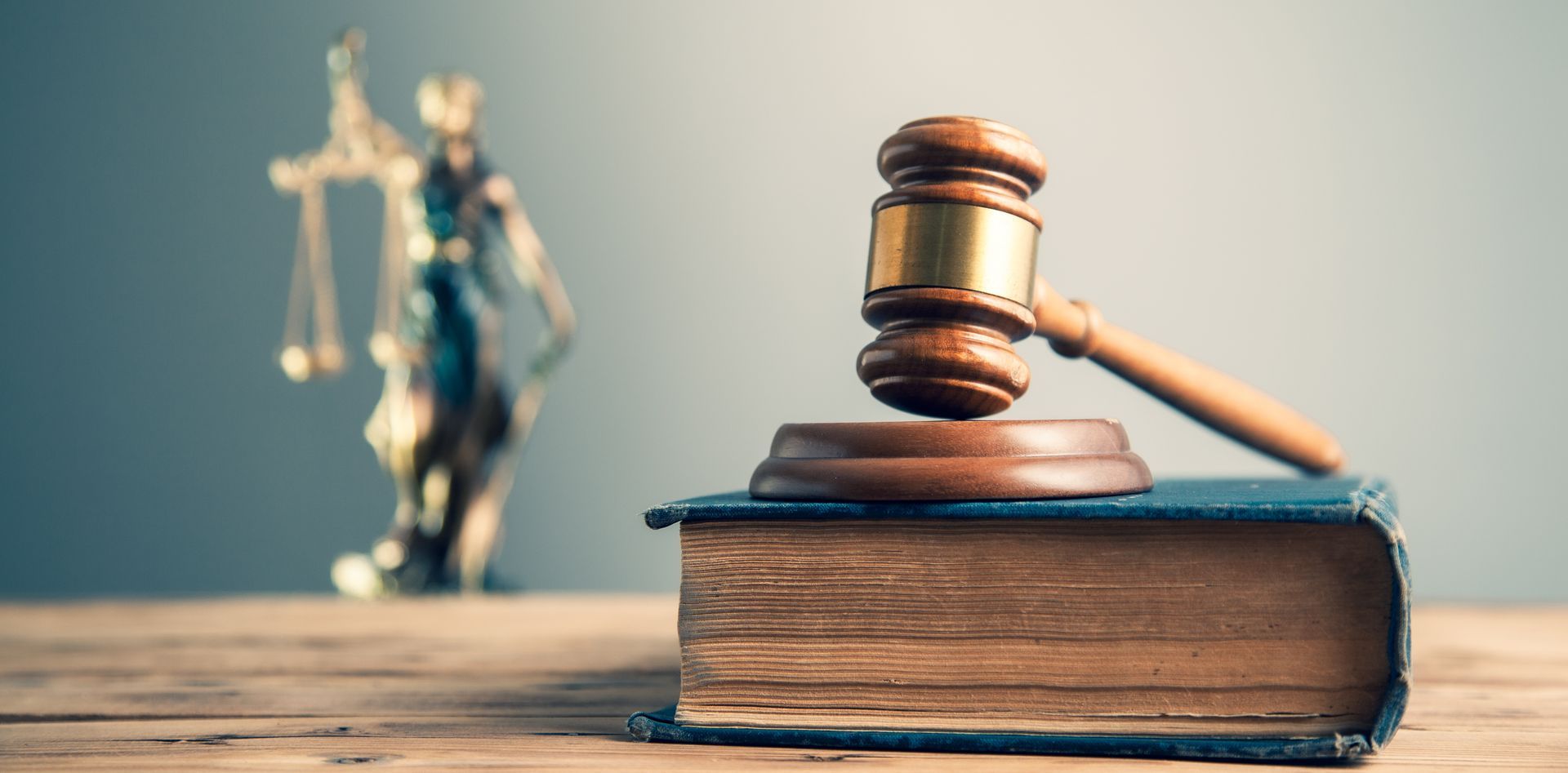
Pot Shot Clock
Local governments are racing to decide how to regulate cannabis businesses...if they allow them at all.

The dust has settled
following the whirlwind adoption of the Cannabis Regulation and Tax Act (the
“Act”), which takes effect January 1, 2020. Now nearly 1,300 municipalities in
Illinois are trying to determine whether they want to allow cannabis businesses
and, if so, how best to regulate them.
The Act’s preamble declares that the regulation of recreational cannabis sales and consumption is a matter of statewide concern, effectively preempting local municipalities, including home-rule units, from imposing regulations that conflict with, or are more stringent than, the Act. Nonetheless, it grants local municipalities the authority to prohibit or significantly limit a cannabis business establishment's location within its jurisdiction. Additionally, municipalities can also adopt “reasonable” zoning restrictions pertaining to licensed cultivation centers, craft growers, processing organizations and dispensaries in order to protect the health, safety and well-being of their residents.
Municipalities Zoning Ordinances
Although the legislature spent countless hours drafting, revising, and amending the Act which was ultimately passed and adopted by the State, many municipalities are just now considering the issues relative to cannabis sales, cultivation and consumption. Most municipalities in favor of the Act have not yet had the time to draft and approve the language required to amend their existing zoning codes to allow such permitted and/or conditional cannabis business uses. As such, municipalities are hard-pressed to have their zoning codes amended in time to meet the January 1, 2020 enactment date. In fact, many municipalities are just beginning to have initial public hearings on whether it should or should not be prohibited. If cannabis businesses are to be allowed, what types of licenses, how many and what restrictions should be placed upon them by the municipality. These types of discussions usually occur over numerous public hearings involving input from residents, village staff, village attorneys, plan commissioners, and village trustees. With a little less than four months until recreational cannabis is to be open for business, it is unlikely that most local municipalities will be ready for them to open their doors.
Un certainty Among Municipalities
In addition to the time crunch, there appears to a consensus among municipalities, that the Act lacks guidance on three aspects: (1) how law enforcement will know and/or regulate which persons may or may not be allowed to grow cannabis in their homes, as prescribed under the medial marijuana law; (2) to what extent municipalities can regulate recreational marijuana, and (3) compliance with the Act’s regulations dictating how tax revenue is distributed and may be spent by municipalities. While there has been some talk of a bi-partisan trailer bill to follow, uncertainties within the Act are still abound.
So, what are applicants and existing medical dispensary license holders supposed to do if the necessary local zoning ordinances have not yet been approved or are not even in the works come January 1st? The answer is that they will likely have to seek text amendment(s) within their local municipality through a proposed ordinance allowing for their own cannabis business to operate in the municipality.
How SAL Can Help
Shapiro & Associates Law (“SAL”) has in depth experience working with local governments on drafting text amendments for new and existing land uses. SAL is committed to helping its clients strike the right balance based on the community’s goals and needs, while still providing cannabis businesses with the opportunities to thrive within their local municipality.

CONTACT US TODAY
Contact Us
We will get back to you as soon as possible.
Please try again later.
LOCATION
570 Lake Cook Road, Unit 119
Deerfield, IL 60015
Shapiro & Associates Law | All Rights Reserved |
Created by Olive + Ash.
Managed by Olive Street Design.









